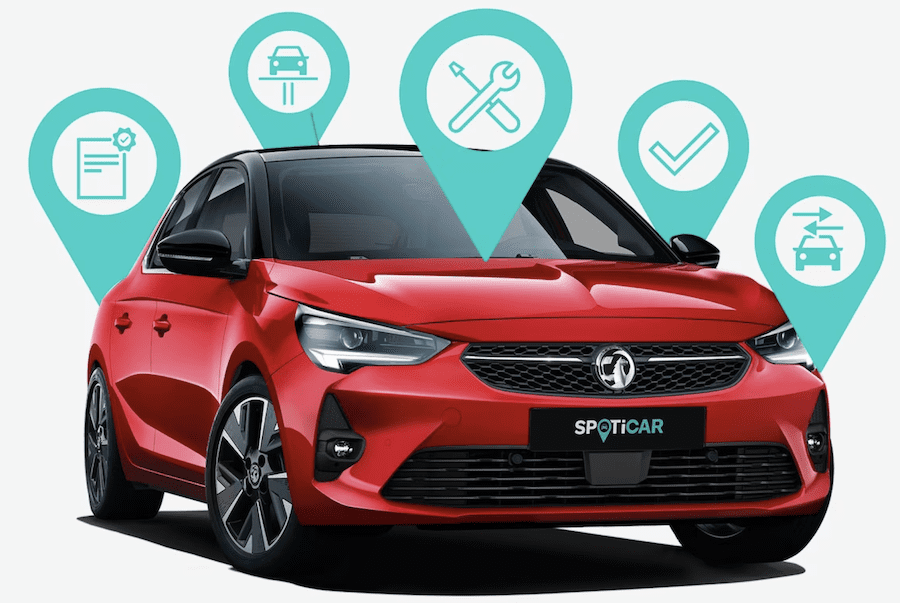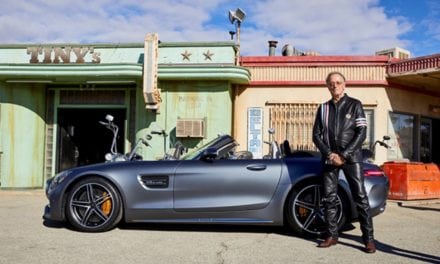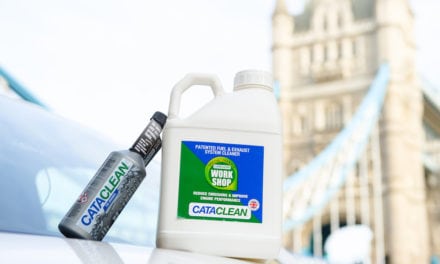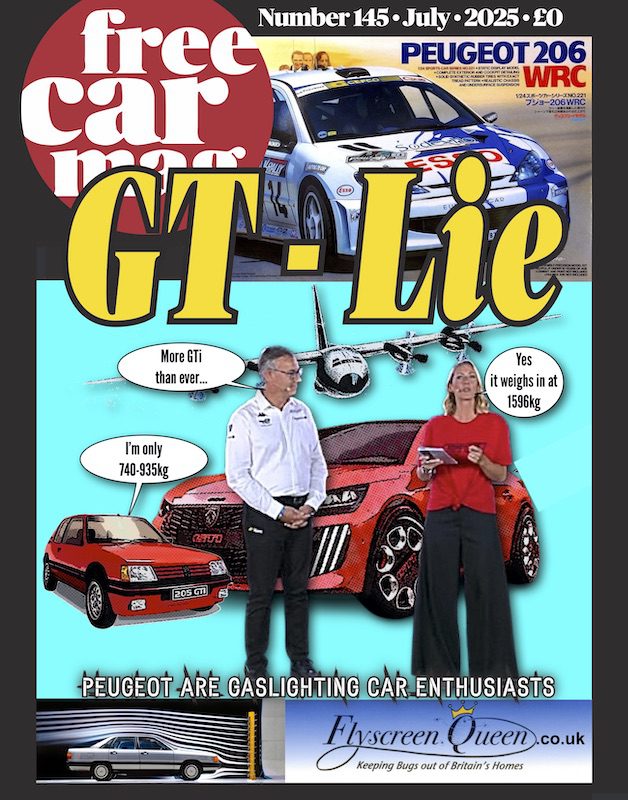With the cost of living soaring and the UK on the brink of a recession, many of us are looking to save money on our next car. One of the most popular ways to save money is by buying used. That way, you won’t get the same level of depreciation compared to a new car.
If you’re looking to buy a used car, here’s everything you need to know.
- Set a budget
While used cars are typically cheaper than their new counterparts, it’s still important to know exactly how much you can afford to spend. Unfortunately, many people will head straight to the dealership without a budget in mind. They’ll then spend more than they can afford to pay on a shiny new car. You might end up hating your new car if you’re worse off for it!
As a general rule, it’s recommended that you don’t spend any more than 20% of your take-home income on the cost of running your car. This is especially true if you’re spreading the cost of your car over a certain number of months.
When thinking about your budget, make sure that you also factor in the cost of fuel (or electricity if you’re buying an EV), insurance, road tax and servicing.
- Find a reputable dealership
You might be able to secure a cheaper price by going through a private seller, but it’s always better to go to a reputable dealership.
Knowing your car comes from a respectable dealer gives you peace of mind as you’ll normally get a guarantee, just in case anything goes wrong with your beloved new car.
- The right paperwork
When looking at your new car, you’ll need to make sure that the current owner or dealership has the required paperwork. As a bare minimum, you’ll need:
- The V5C book
- MOT certificate
- Service history
You should also check the car’s details with the DVLA. This is a big red flag if some of the major details don’t match. If minor details look incorrect, you can normally clarify with the seller.
- Test drive
Once you’ve found a car that seemingly ticks all the boxes, you’ll want to see how it drives. After all, a used Vauxhall will drive differently to another make and vice versa!
When you go for a test drive, try to get a feel for the car on different roads. If you’re not completely sold, remember that there’s no obligation to purchase the car. If you don’t love it, don’t buy it!
Final thoughts…
While opting for a used car can be a savvy financial decision, it’s important to get it right. Luckily, by setting a budget, conducting thorough research and test-driving potential vehicles, you can seamlessly navigate the process of purchasing a used car with confidence.











